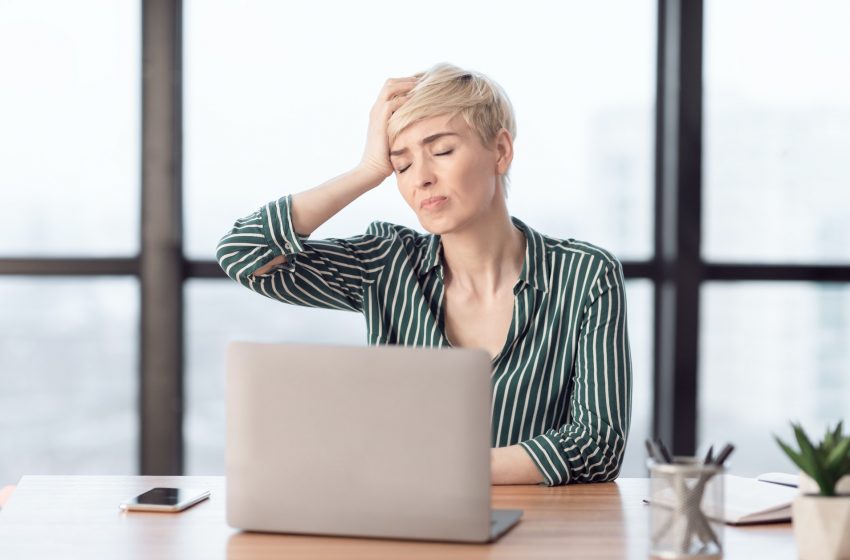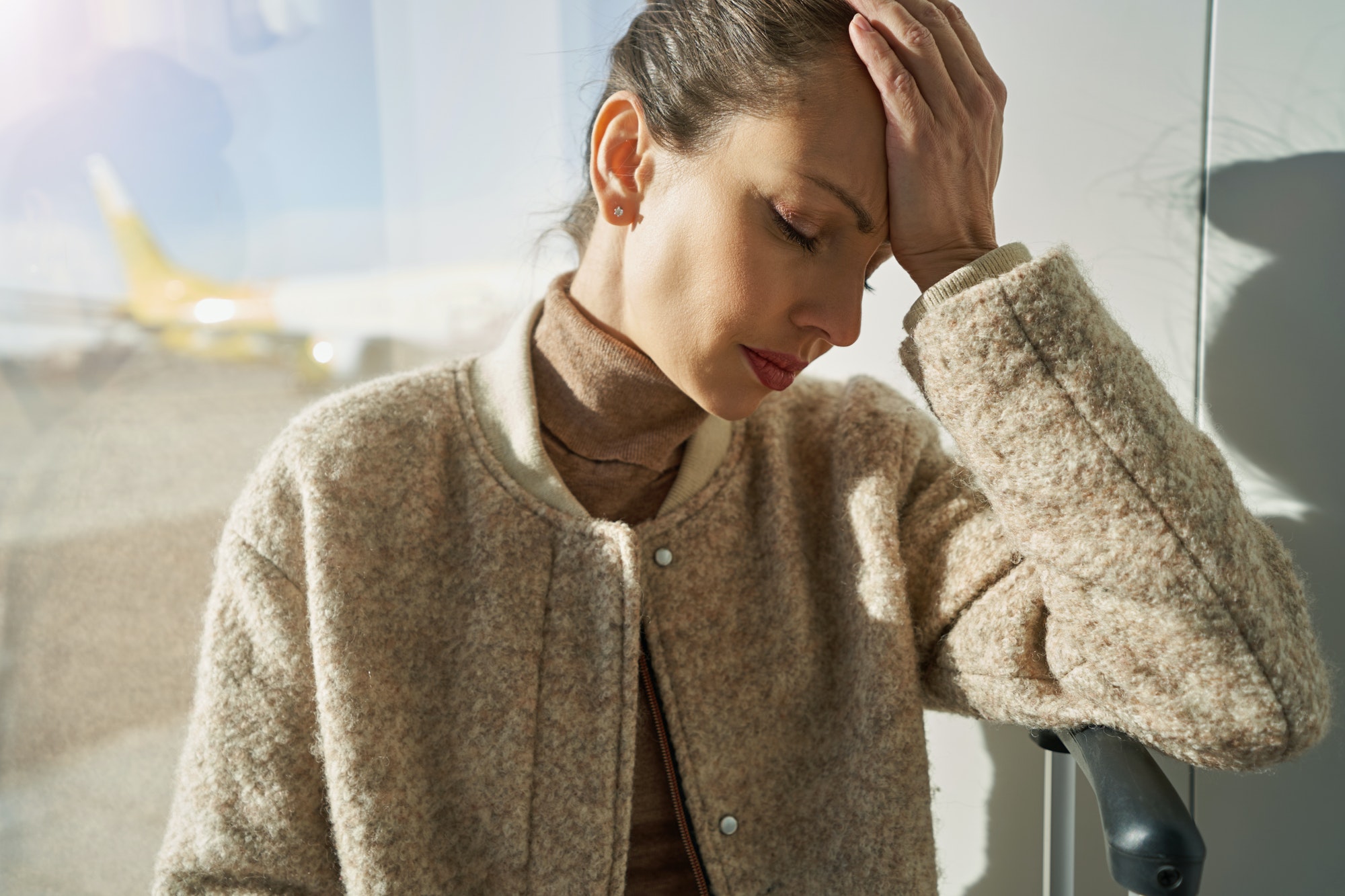
Top Of Head Sore To Touch | The 6 Possible Causes and Treatment
Does the top of head sore to touch when you put your hands on it? This condition could be scalp tenderness and can be painful. There are many reasons that your scalp can become tender, so it is essential to know the cause.
Guessing won’t help you in this one, so be sure to seek medical advice. As always, if that isn’t an immediate option, you can consider the various conditions available here.
Knowing what to treat depends heavily on knowing what is causing the tenderness and soreness in the head. One of the first things to consider is what could be causing this.
To help break down the possibilities, we need to look at the symptoms and align them with the correct disease. Once you have done that, you can treat the issue and hopefully eliminate the problem.
Let’s ensure you avoid the guesswork, here are several conditions that could cause your scalp tenderness and make your head sore.
Psoriasis
Psoriasis can cause tenderness in the scalp, making it difficult to touch your head. At present, the disease has no cure and causes red scaly patches in your scalp that itch. The condition can go into remission for a while and then emerge.
The symptoms include itching, bleeding, dry skin, soreness, burning sensation, rigged thick nails, and stiffening of joints.
Since this condition can spread to the entire body, it is easier to know if this makes your scalp tender. This condition can make other underlying conditions lethal.
There are treatments to consider to ease the condition despite not having any cure. Corticosteroids, retinoids, coal tar, and Goeckerman therapy have helped patients.
Other treatments are salicylic acid in shampoo and conditioners and calcineurin inhibitors. The use of synthetic vitamin D is another option.
Head Lice
Head lice can be another potential cause of tenderness in the scalp. The lice are an insect without wings that can feed on the blood of humans. This blood-feeding causes soreness in the scalp over time and can become uncomfortable.
The symptoms of head lice are sores located in the scalp that may appear on the shoulders and neck. You may experience itching and notice tiny organisms on your hair. They are hard to see, but it is possible to see them.
The treatments for head lice are over-the-counter medications like Permethrin lotion, 1%. Some medications prescribed by your doctor, like Ivermectin lotion, 0.5%, and others, can help.
Be sure to follow all the directions as dosage will be necessary. It is wise to try preventative measures and avoid wearing hats from others or using combs and brushes.
Top Of Head Sore To Touch – Other Causes

As you have seen thus far, several conditions can cause scalp tenderness. It can be something that attacks you from outside, such as lice and nits, or disease within that causes you problems. You can view more reasons for this condition below.
Sunburn
The sun can be brutal, and if you spend a prolonged time in it, you may develop sunburn that can irritate the scalp. You may notice redness, itching, small blisters, nausea, tiredness, headache, and fever. More severe burns can cause painful symptoms.
The best treatments are, first and foremost, avoiding the sun for a while and cutting back on sun time. It is good to stay hydrated and take a cold shower to help.
Use special shampoos to wash your hair and avoid excess brushing or combing. Hair products can irritate broken skin, so be mindful.
Seborrheic Dermatitis
Seborrheic dermatitis is a skin rash that can make the scalp very tender. It can be oily and scaly in appearance and found by the hairline. The rash is bumpy and can cause severe itching and redness if irritated.
The main symptoms of this rash include the above and stinging sensations. The rash can also have blisters which make the scalp more painful due to soreness. It would be best if you never scratch your head.
Treatments for seborrheic dermatitis are cold showers and cold compression on the head. Calamine lotion is suitable for itching and will help soothe the scalp.
Avoid lotions that contain petroleum and other products that can block pores. Drying your hair without a towel is best, so be mindful of this.
Insect Bites
Lice were mentioned earlier as one reason you may experience soreness in the head, but there are other culprits. It is common to be bitten by an insect and not even know it though some are more clear-cut.
Ticks, bees, ants, and other insects may bite you on the scalp and cause redness or infection. In the case of ticks, they stay for much longer and help themselves to your blood.
The symptoms are similar to lice, including redness, itching, swelling, and blisters. The use of anti-itch creams is helpful.
Oral antihistamine is very helpful; you can use an icepack to help reduce any swelling. In some cases, pain killers may be necessary.
Allergies
Allergies can also cause an adverse reaction seen in the head. It is essential to monitor what you eat or use to know what may cause such a reaction. What affects one person may not bother another, making finding the cause of the allergy difficult.
Allergies can cause your scalp to become irritated and cause itching. The itching is challenging to ignore, so find a solution that helps with itching before you scratch.
Natural and medical treatments are available, but few have worked. Some techniques include solutions massaged into the hair, injections, and laser therapy.
Some methods promise results and are expensive; you should do your homework and seek expert advice before trying such products.
Many products claim to restore hair loss but have failed to prove this authentic; check reviews on such products before moving forward.
This top of head sore to touch condition is very complicated. Acne, cysts, viral illnesses, tight hairdos, certain hair products, hair apparatuses can cause the scalp to be tender.
It is essential to consider all of these causes when looking at your problem.
